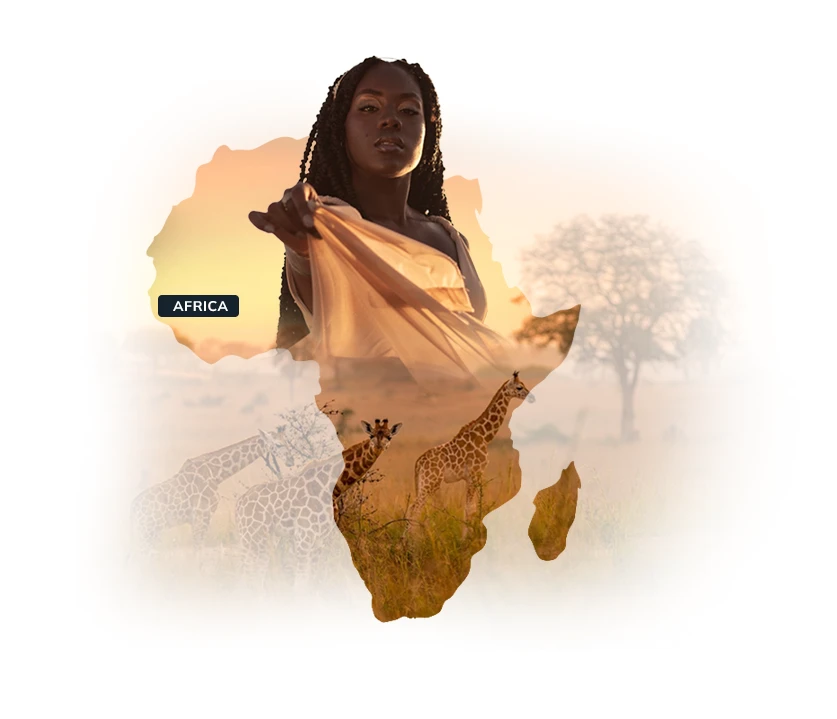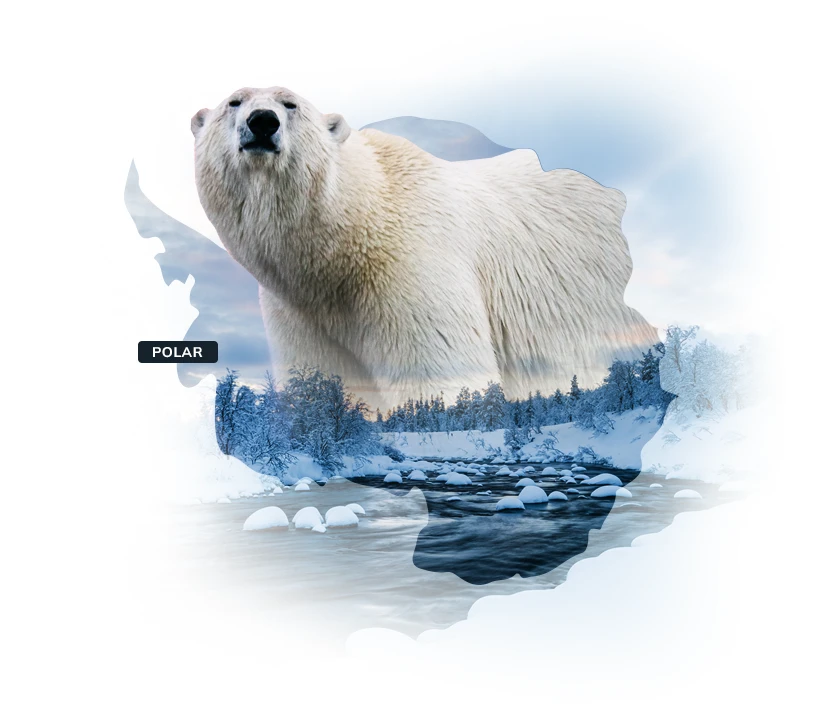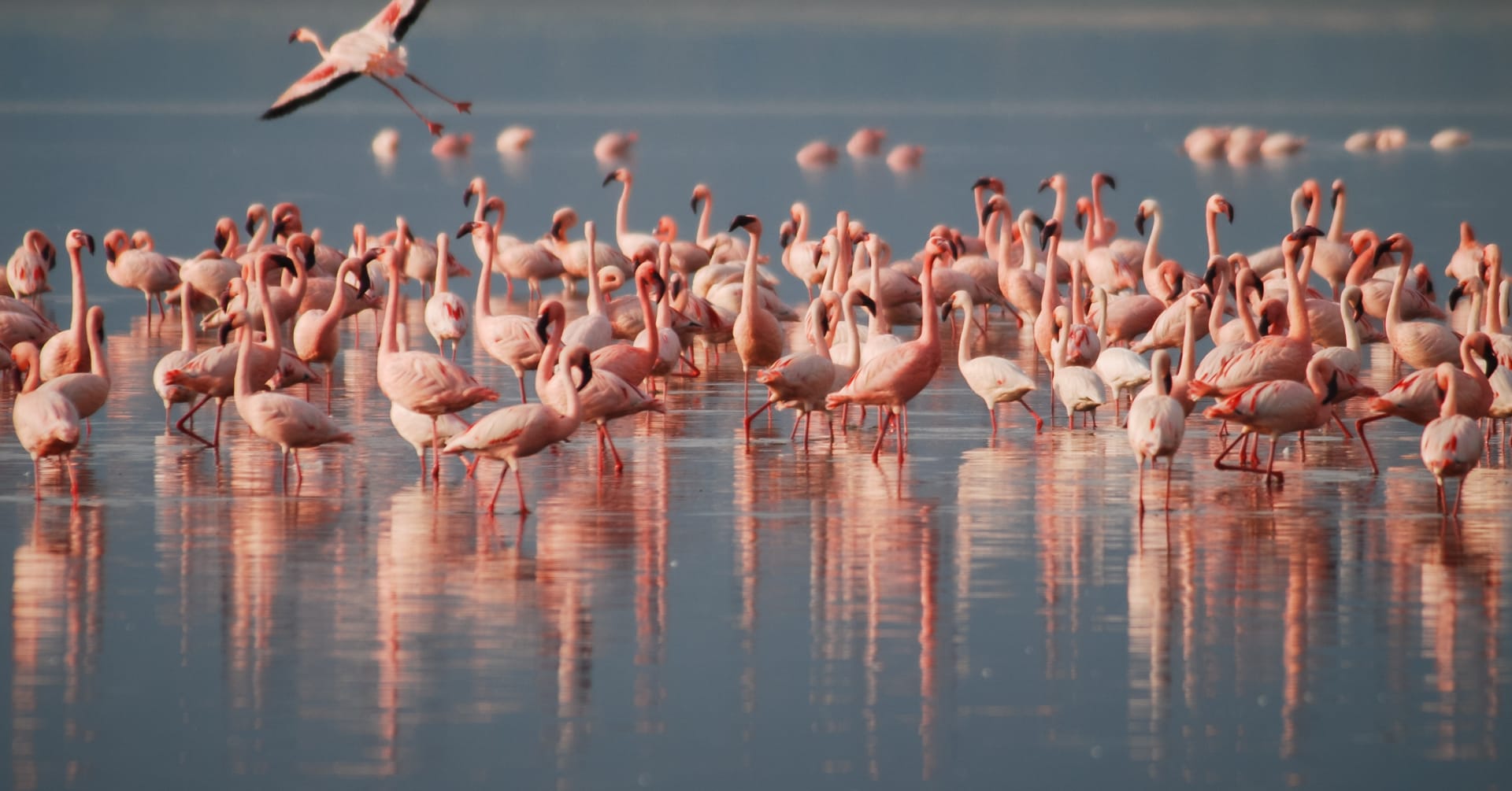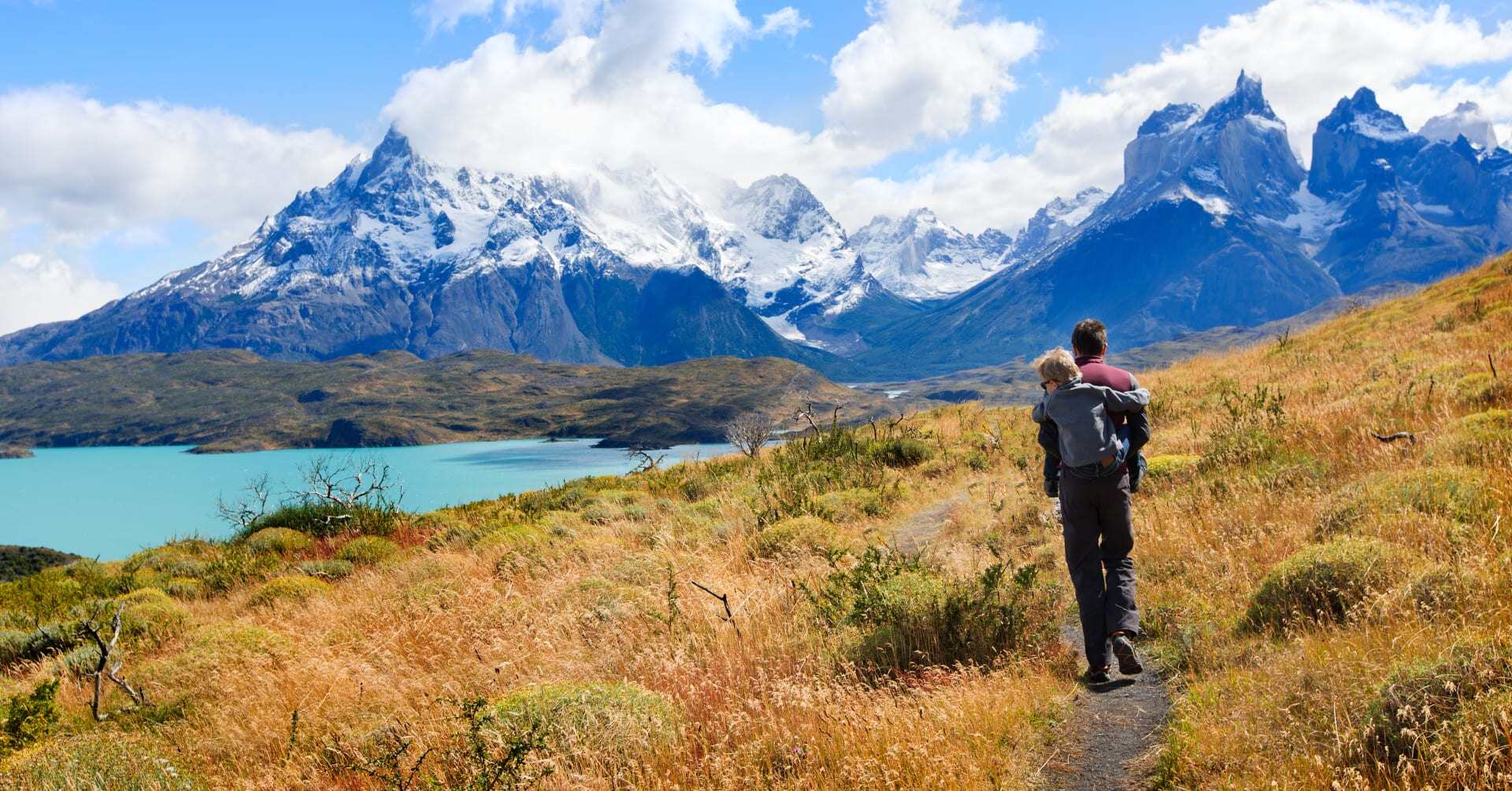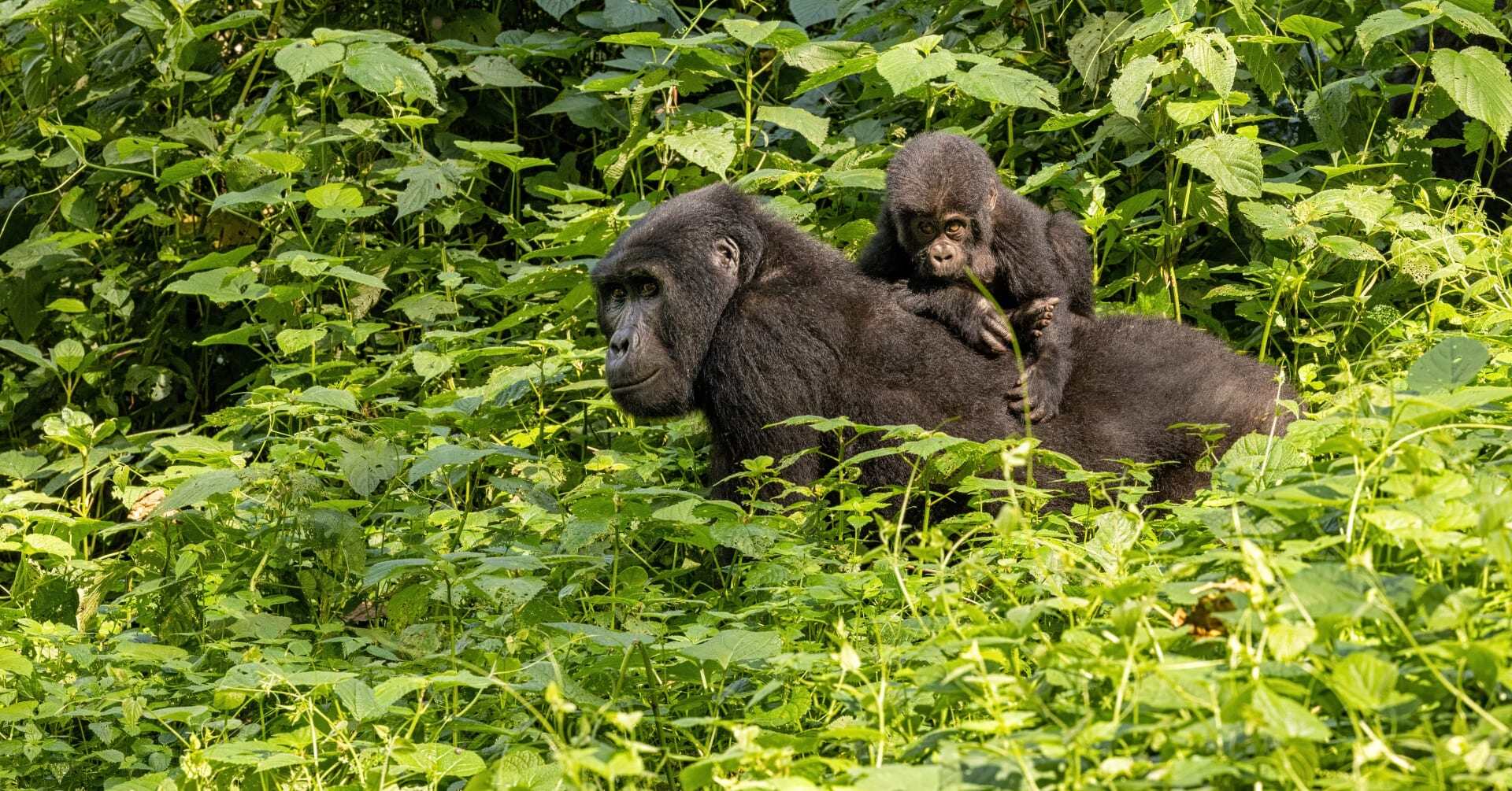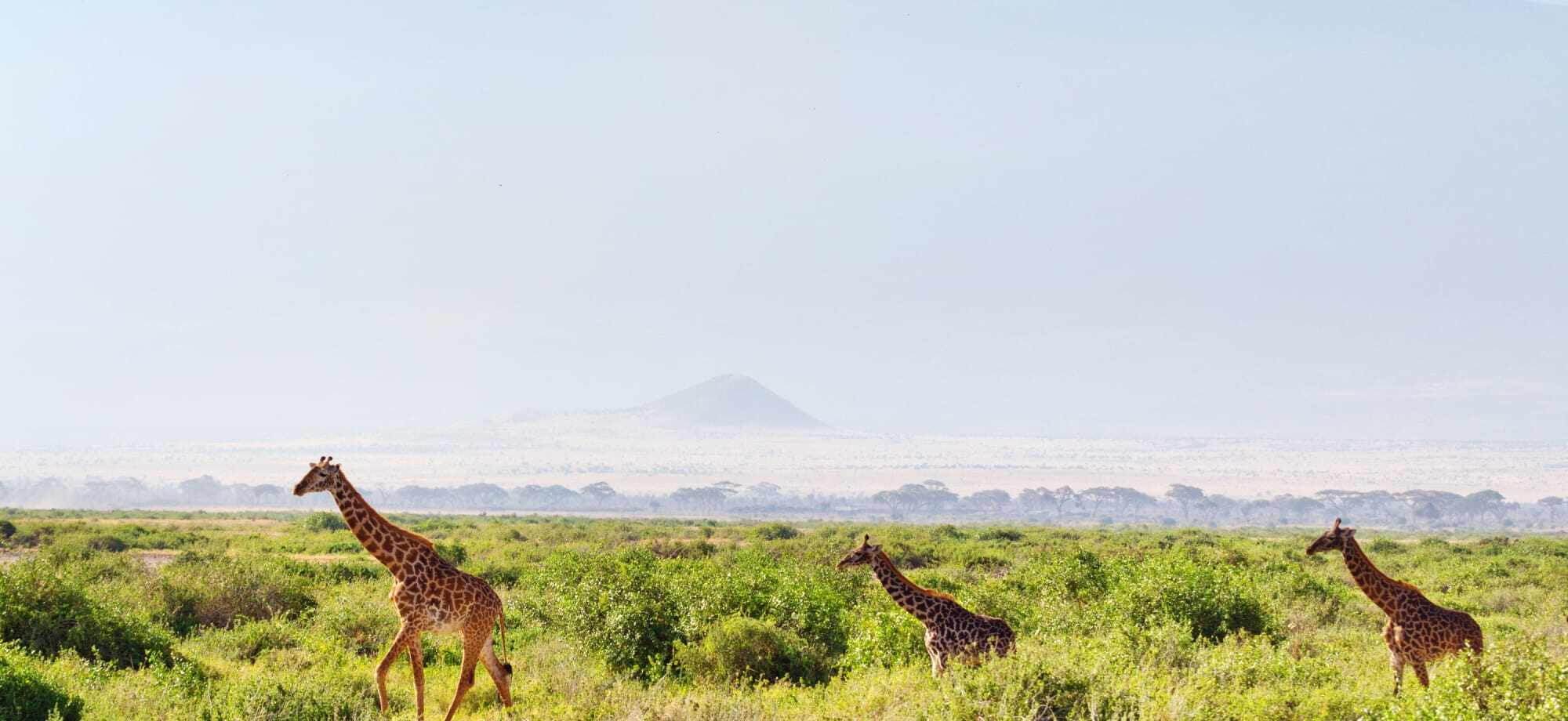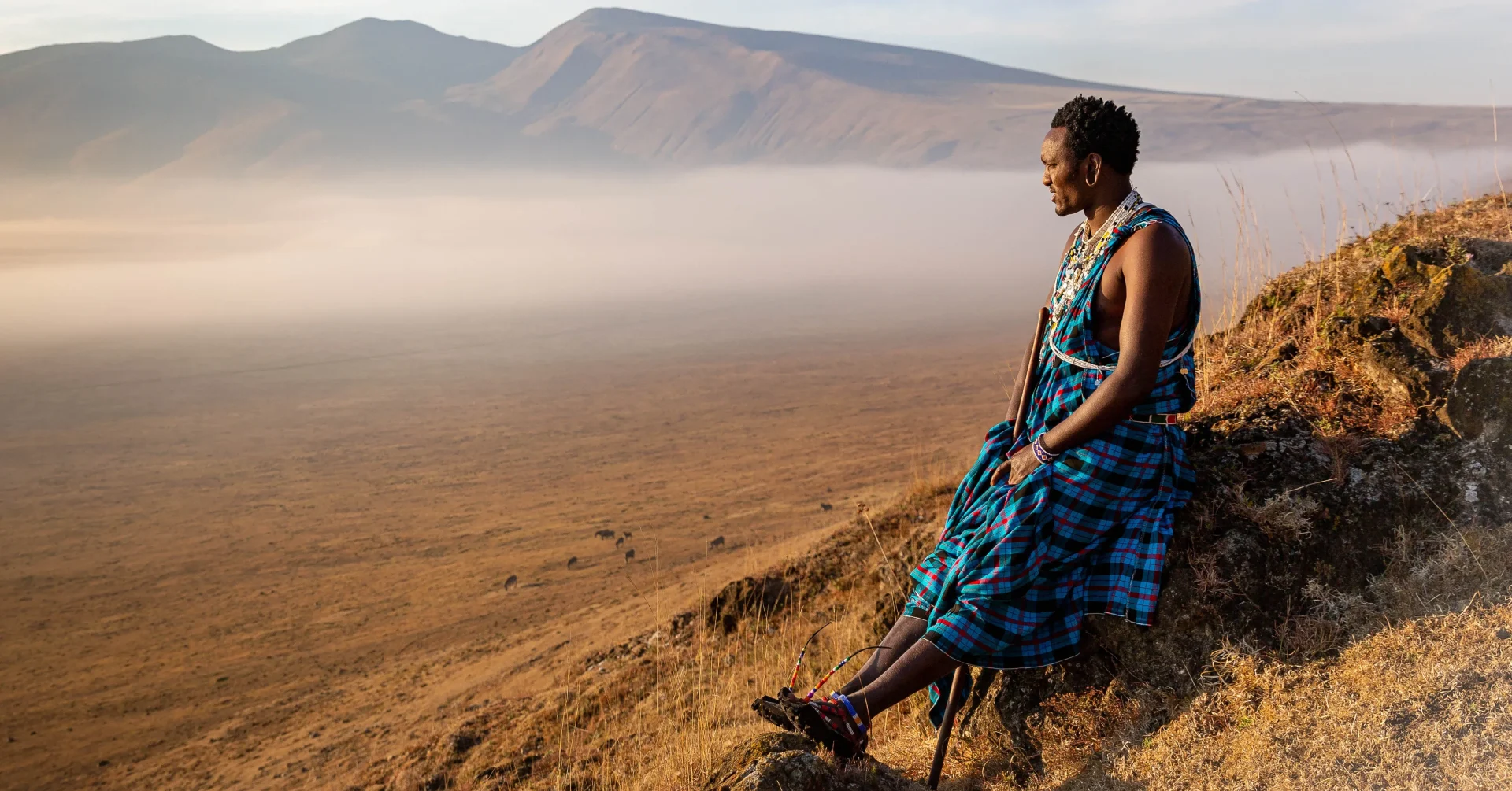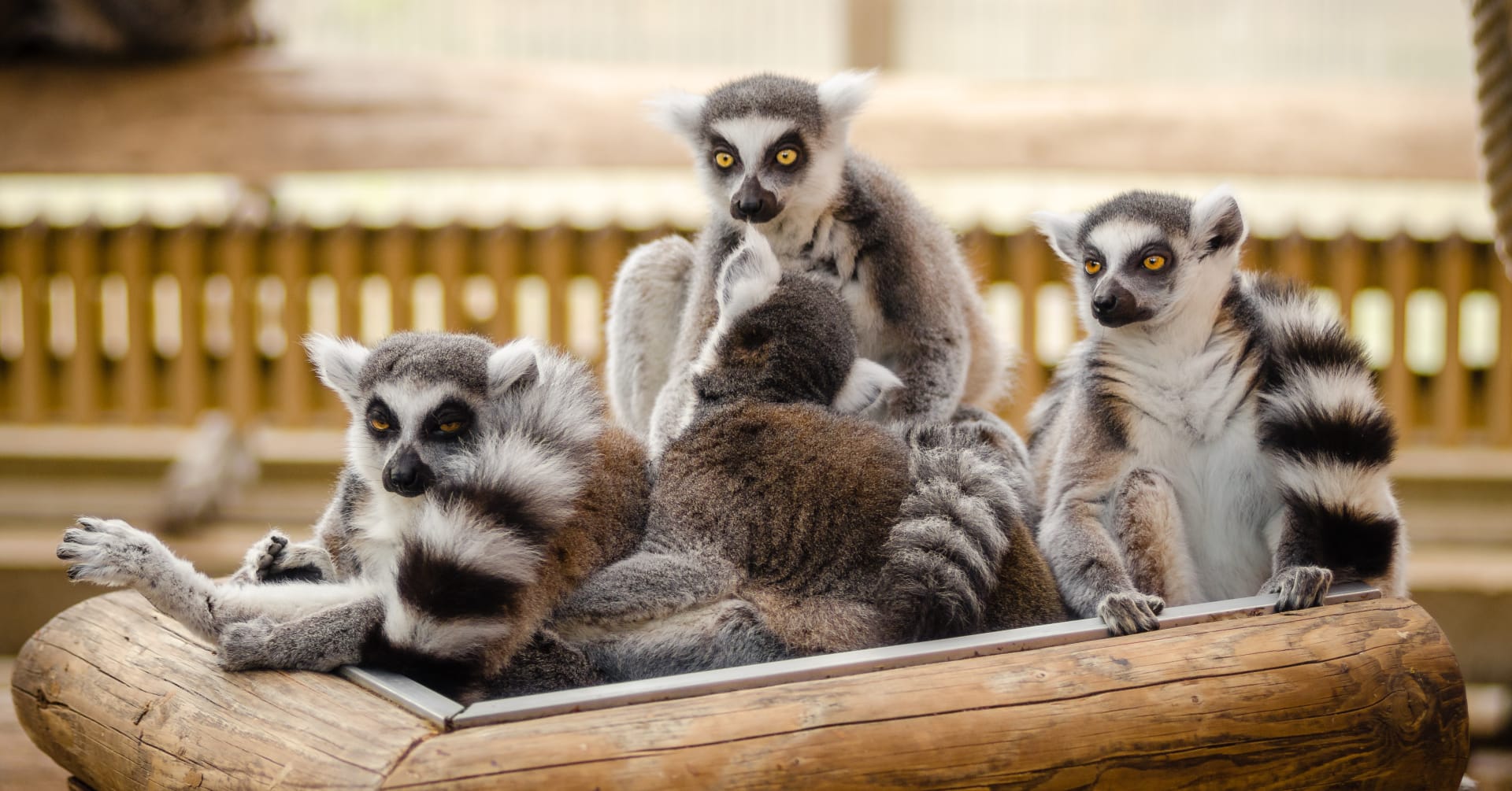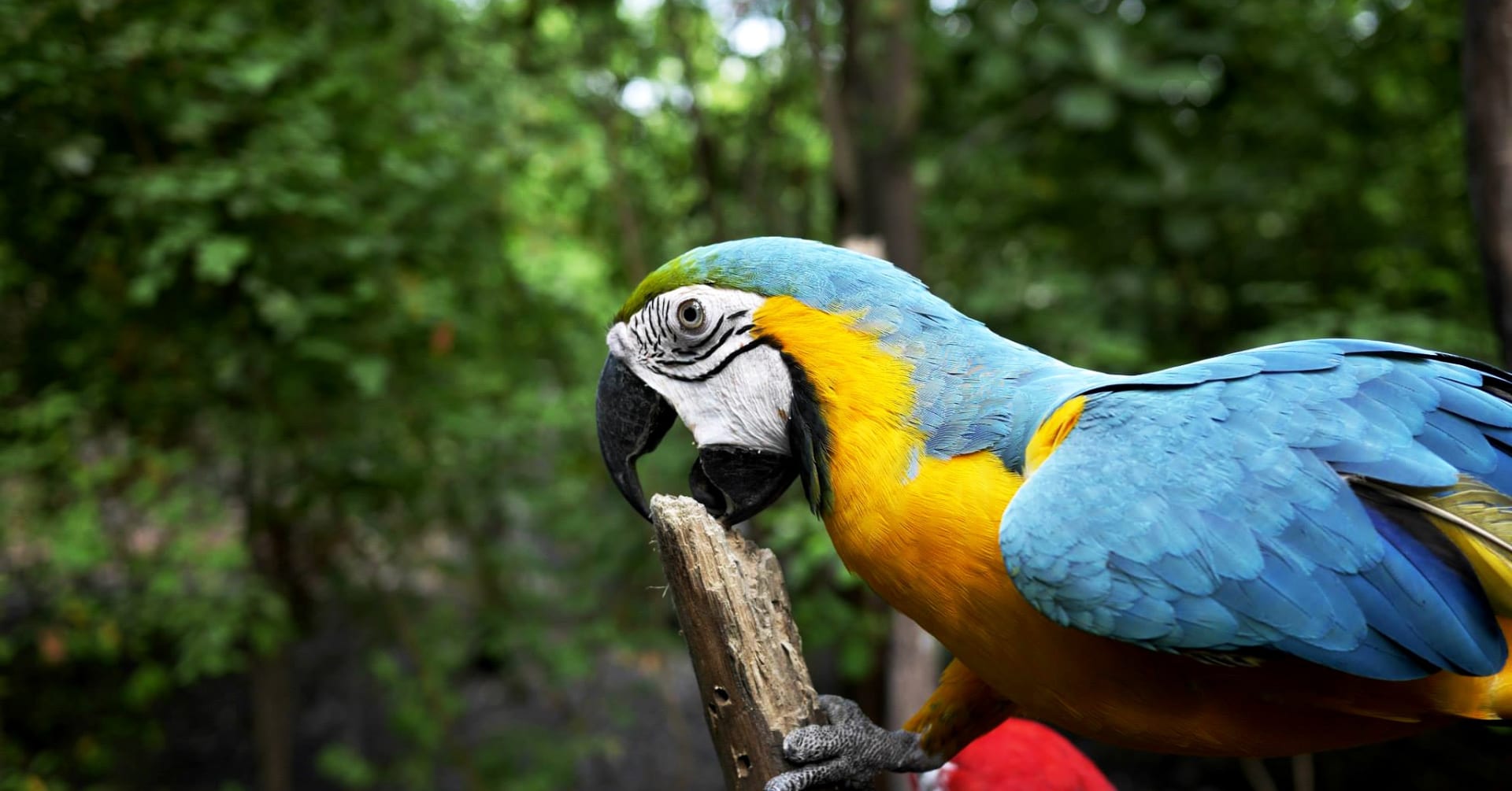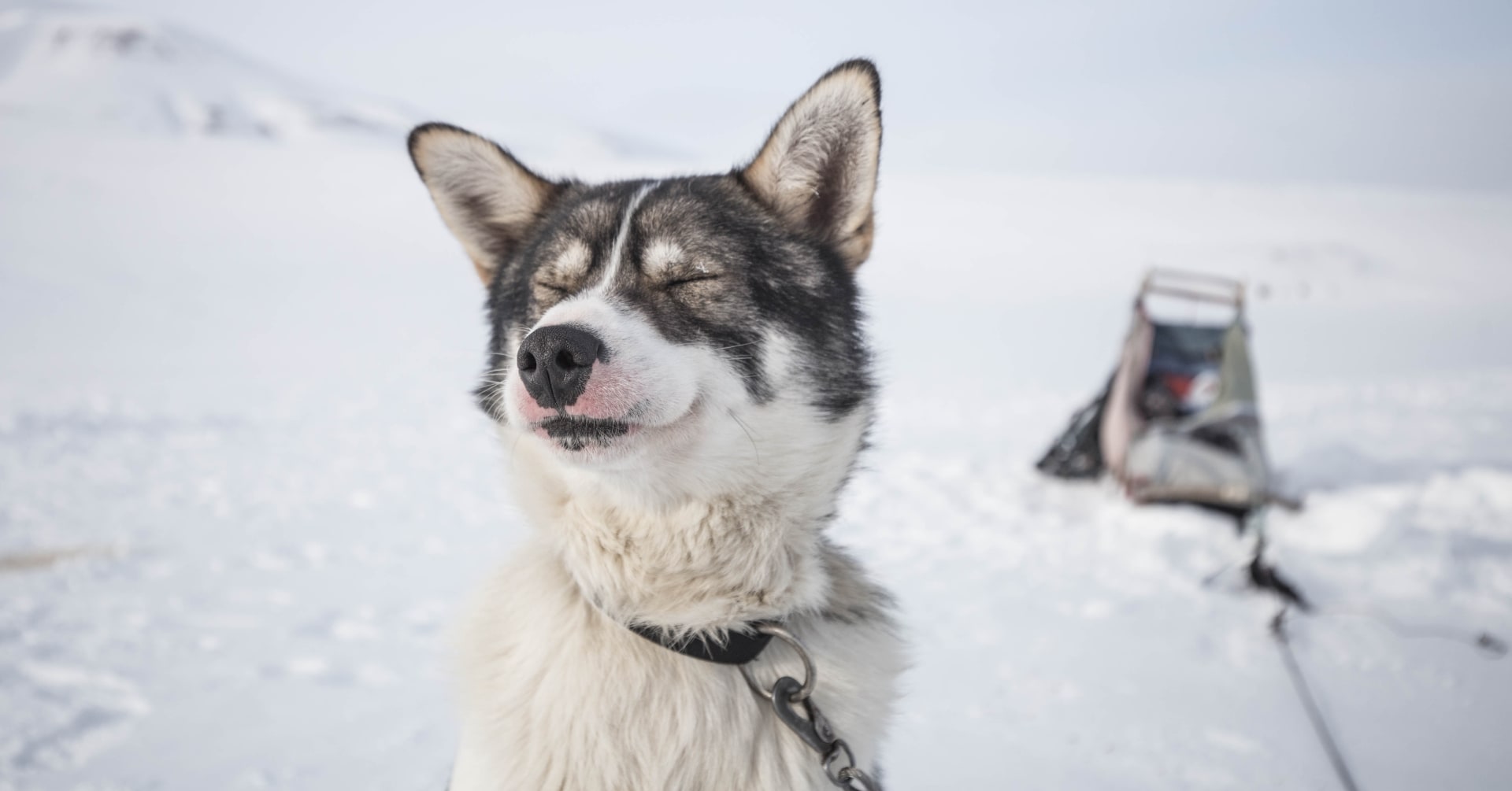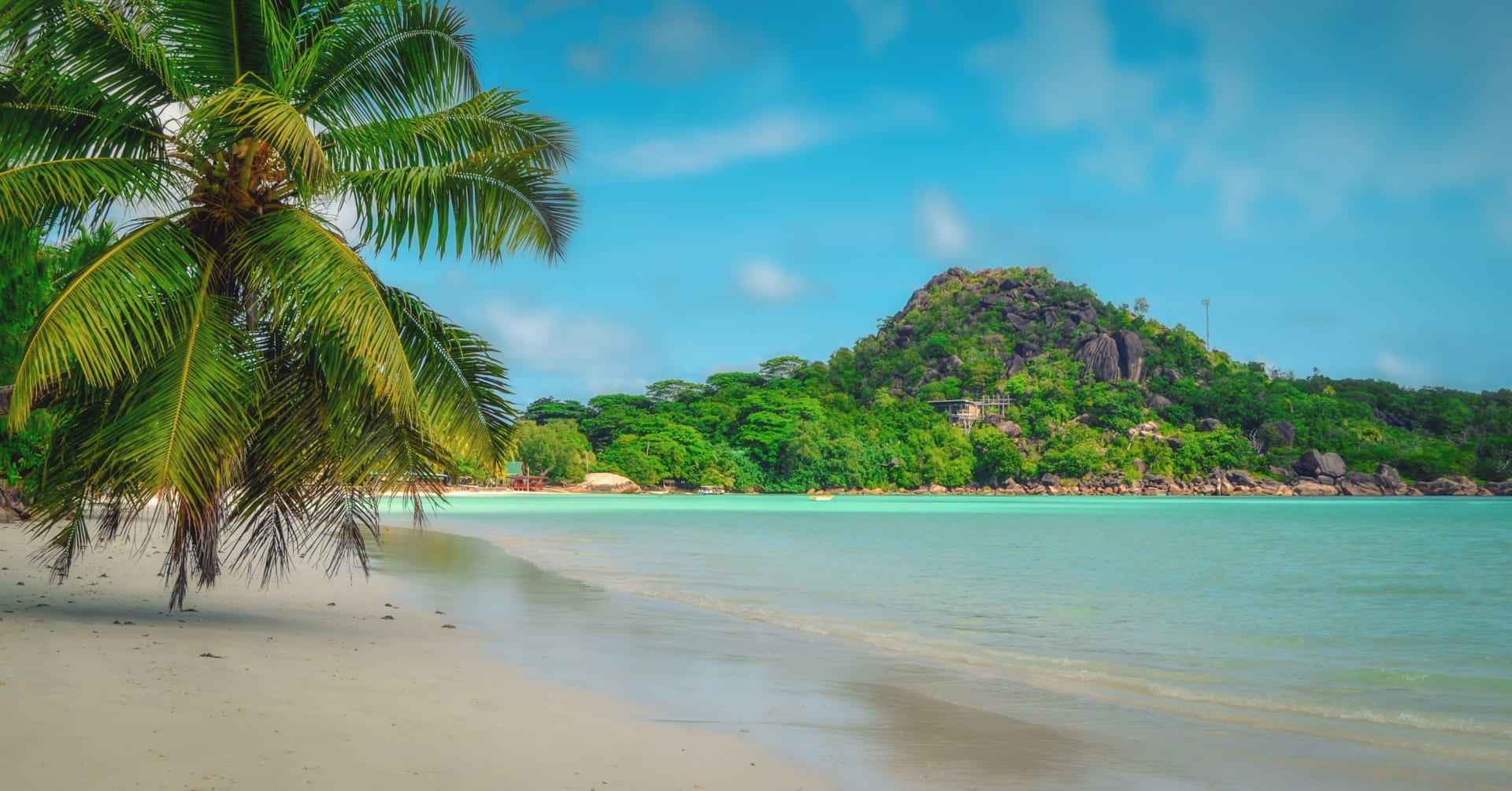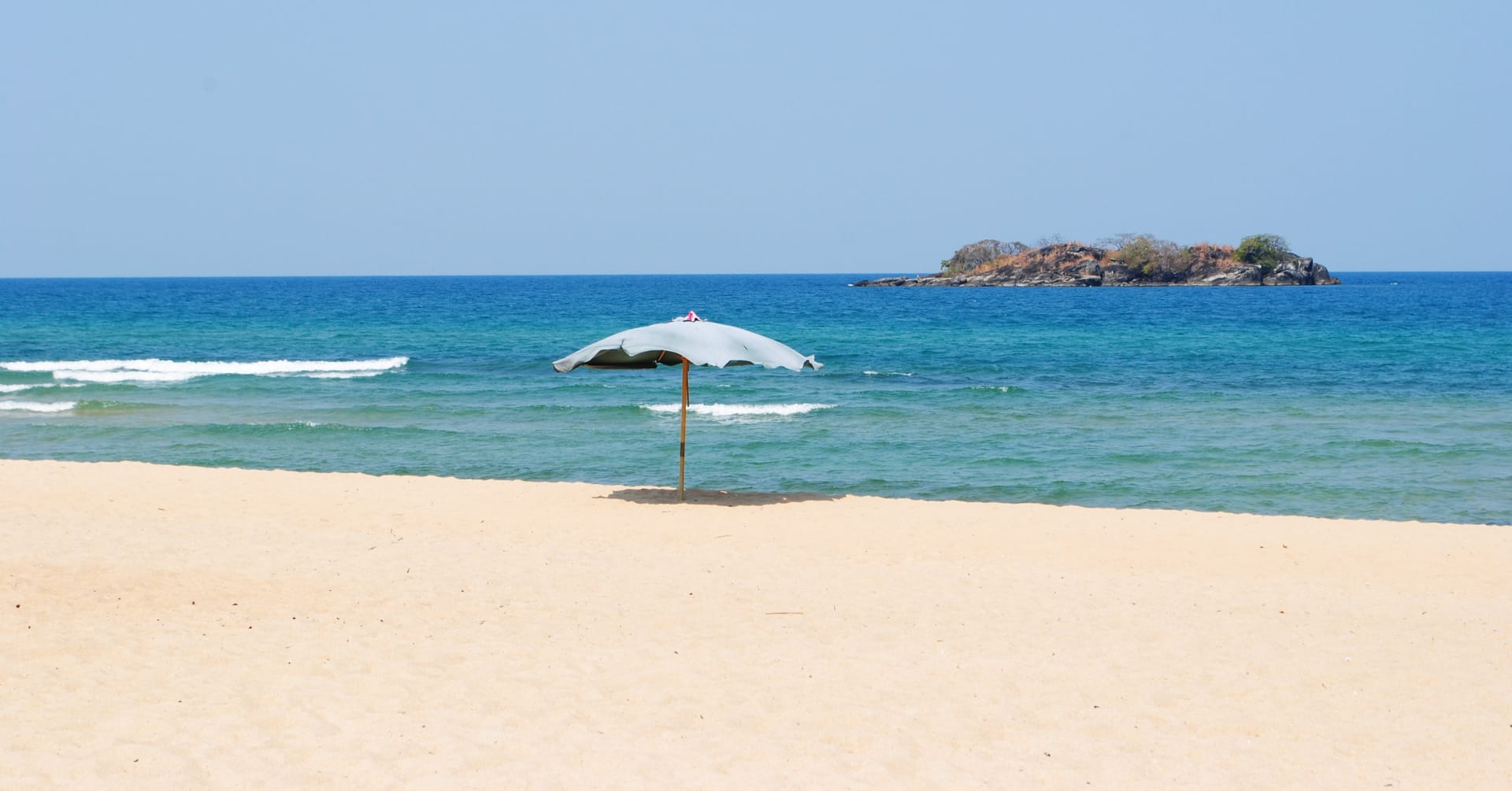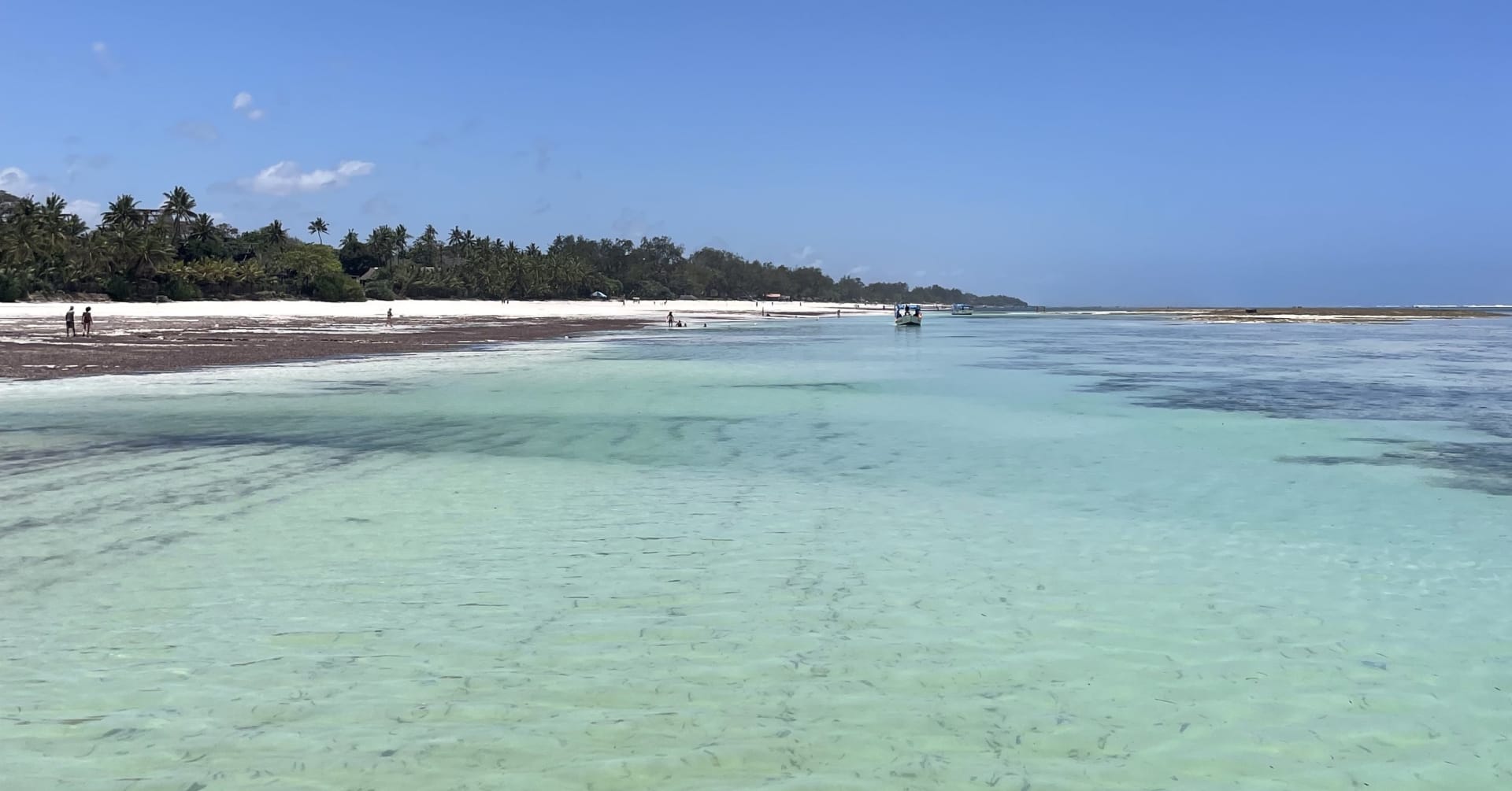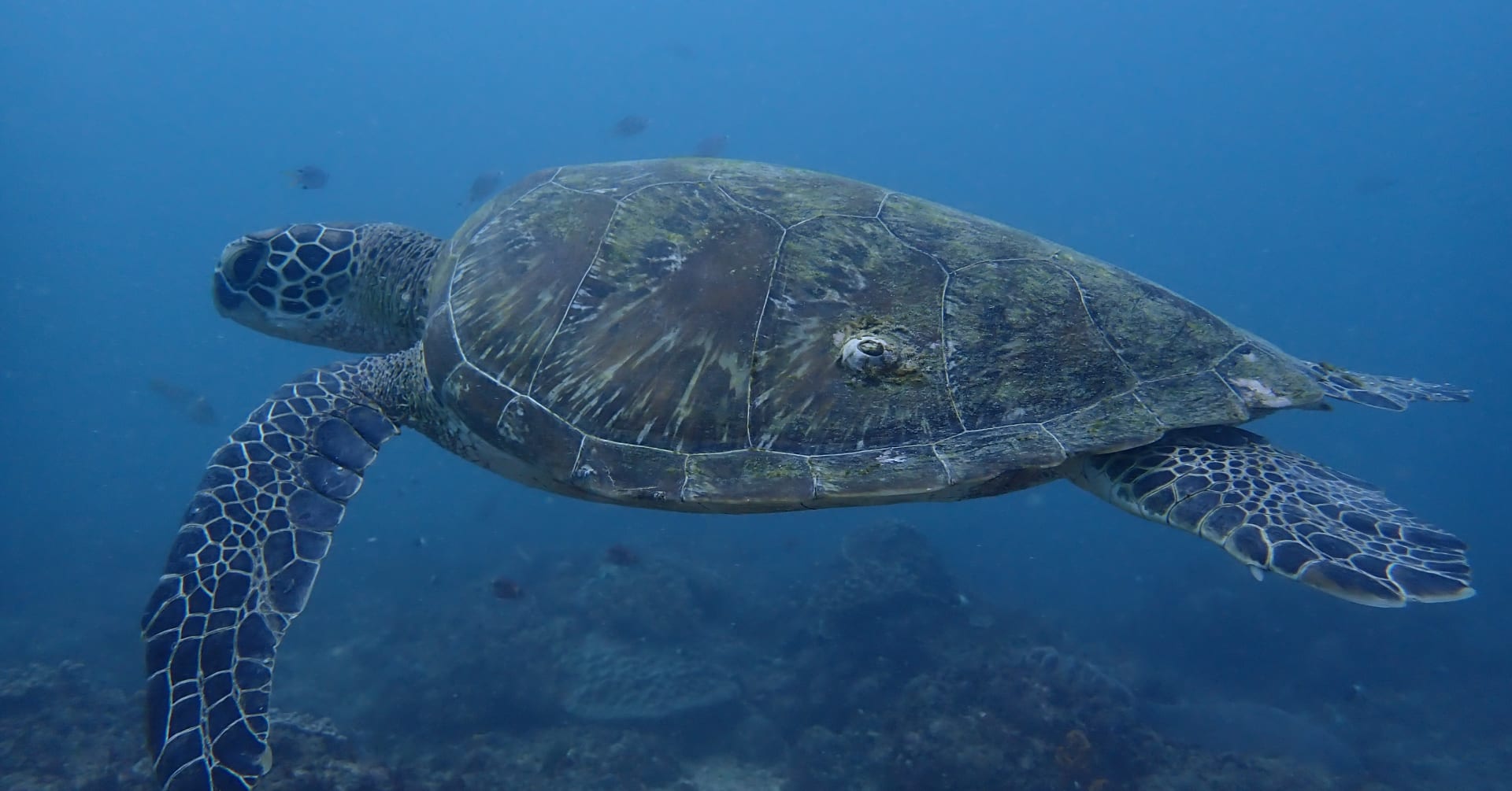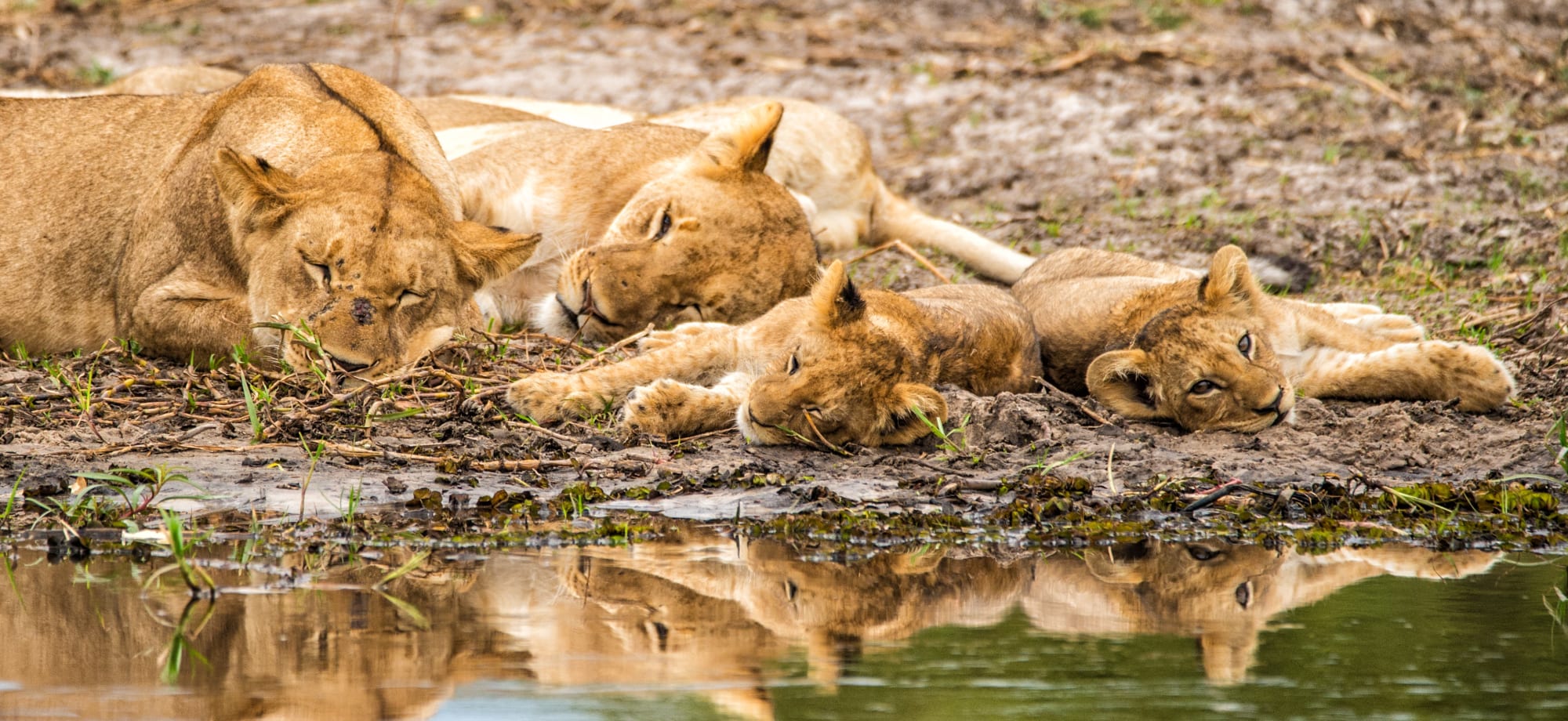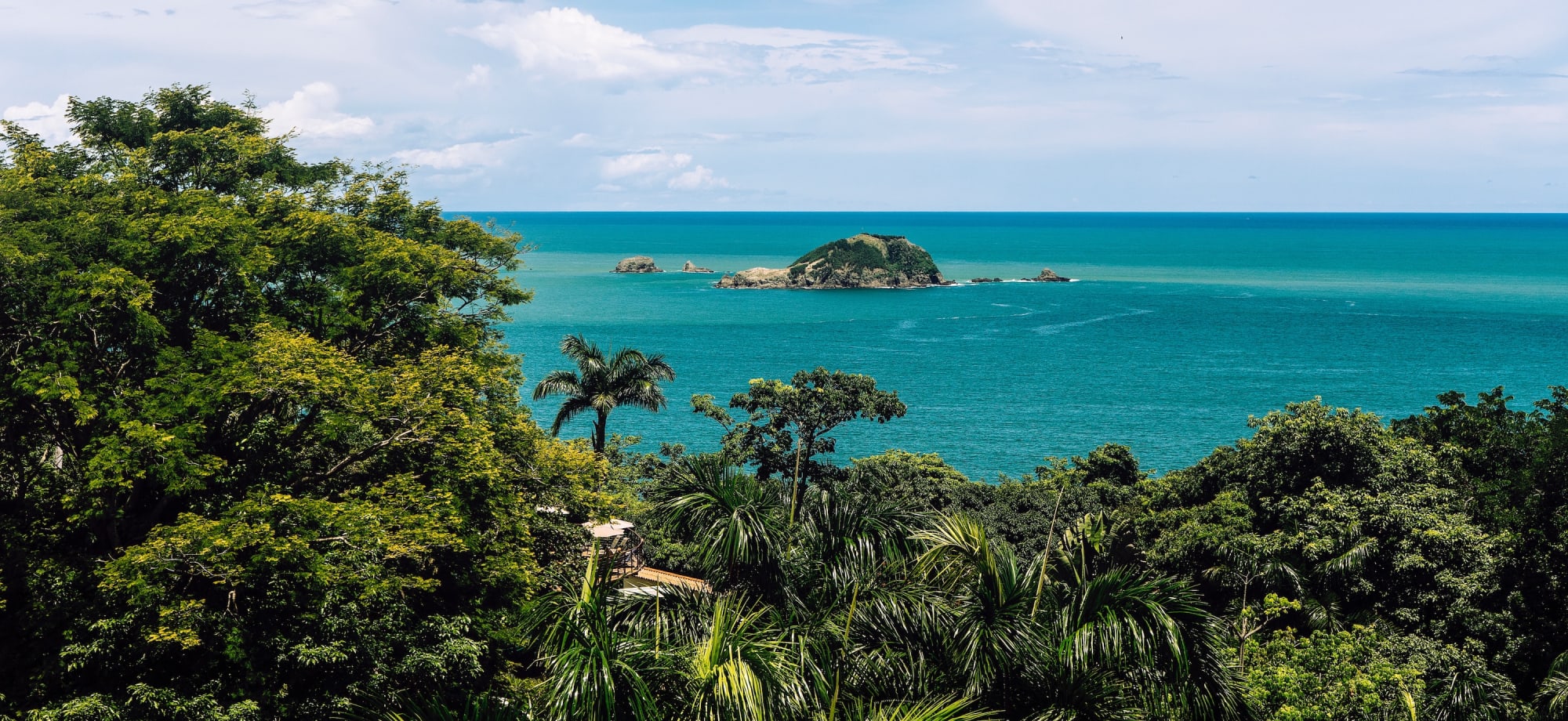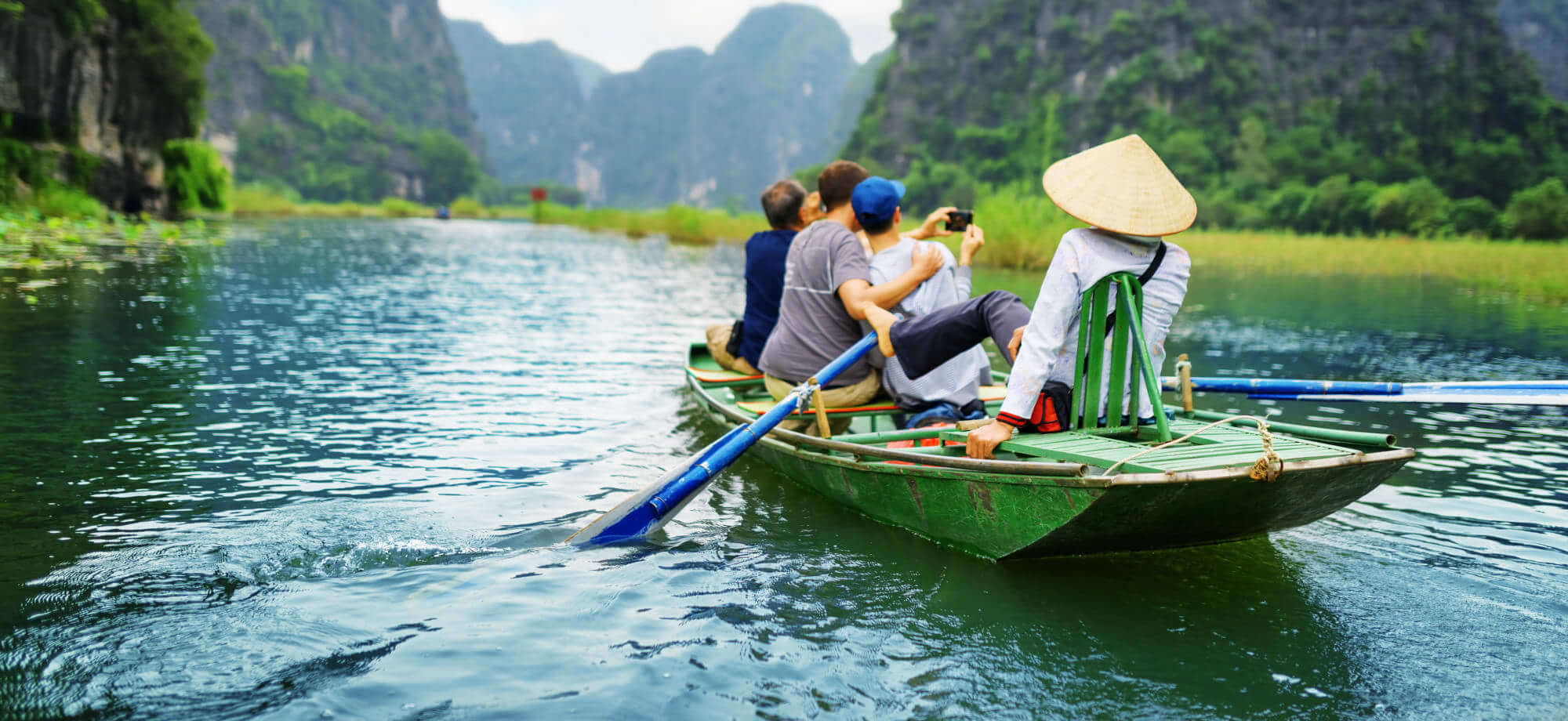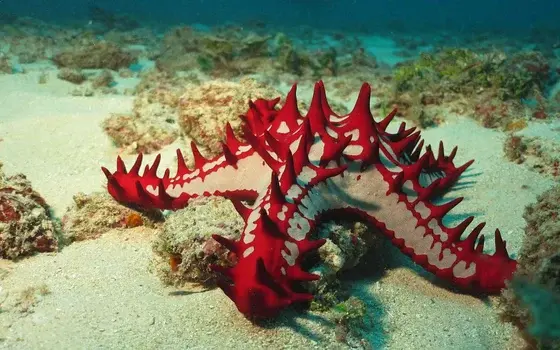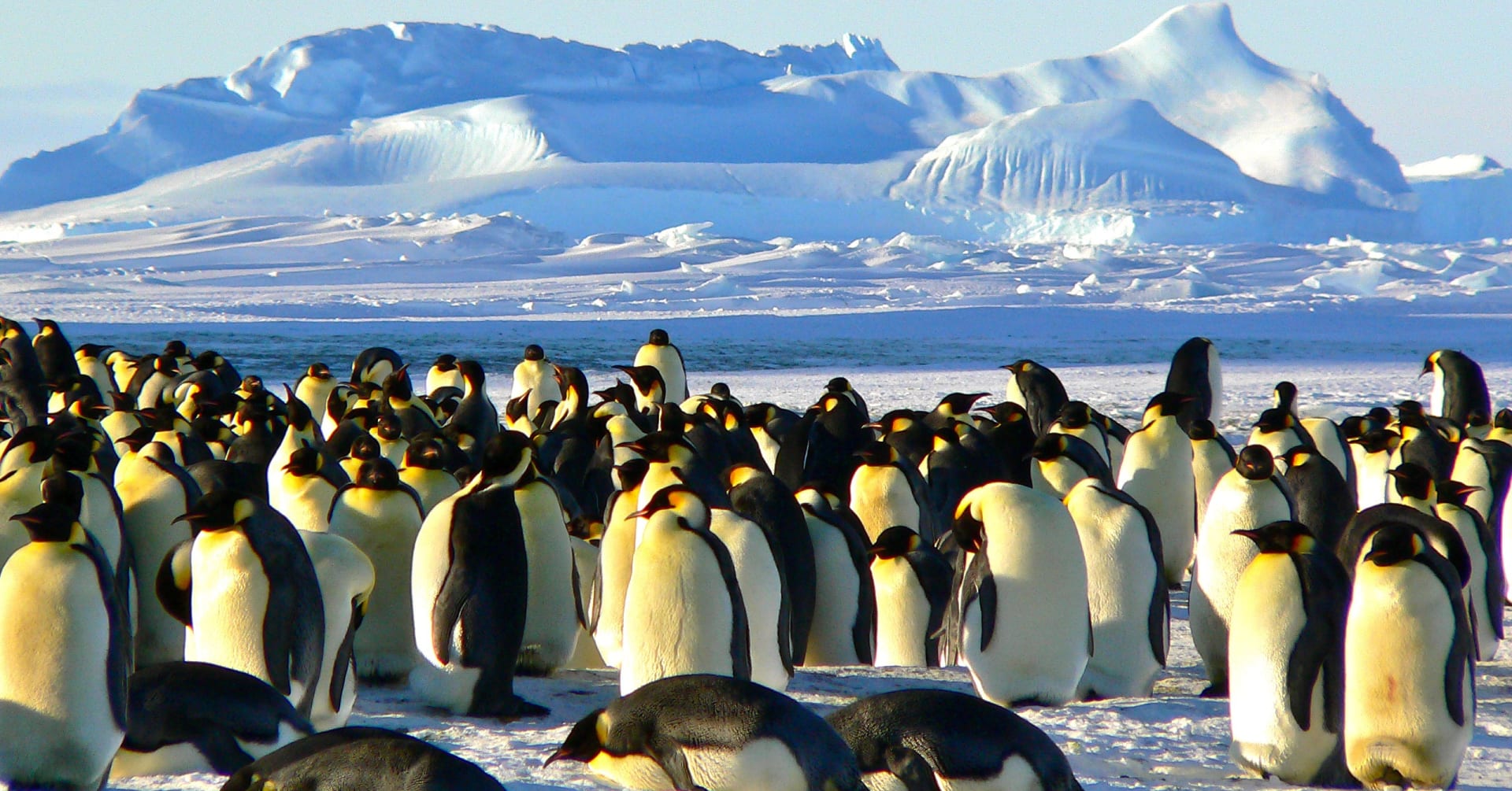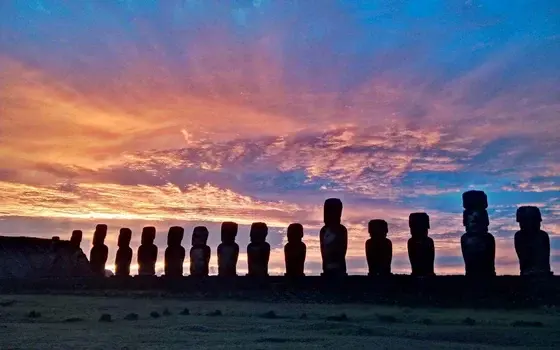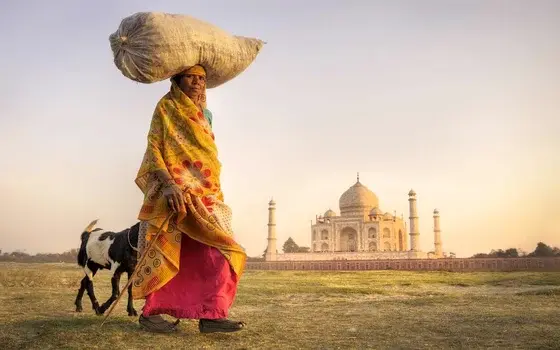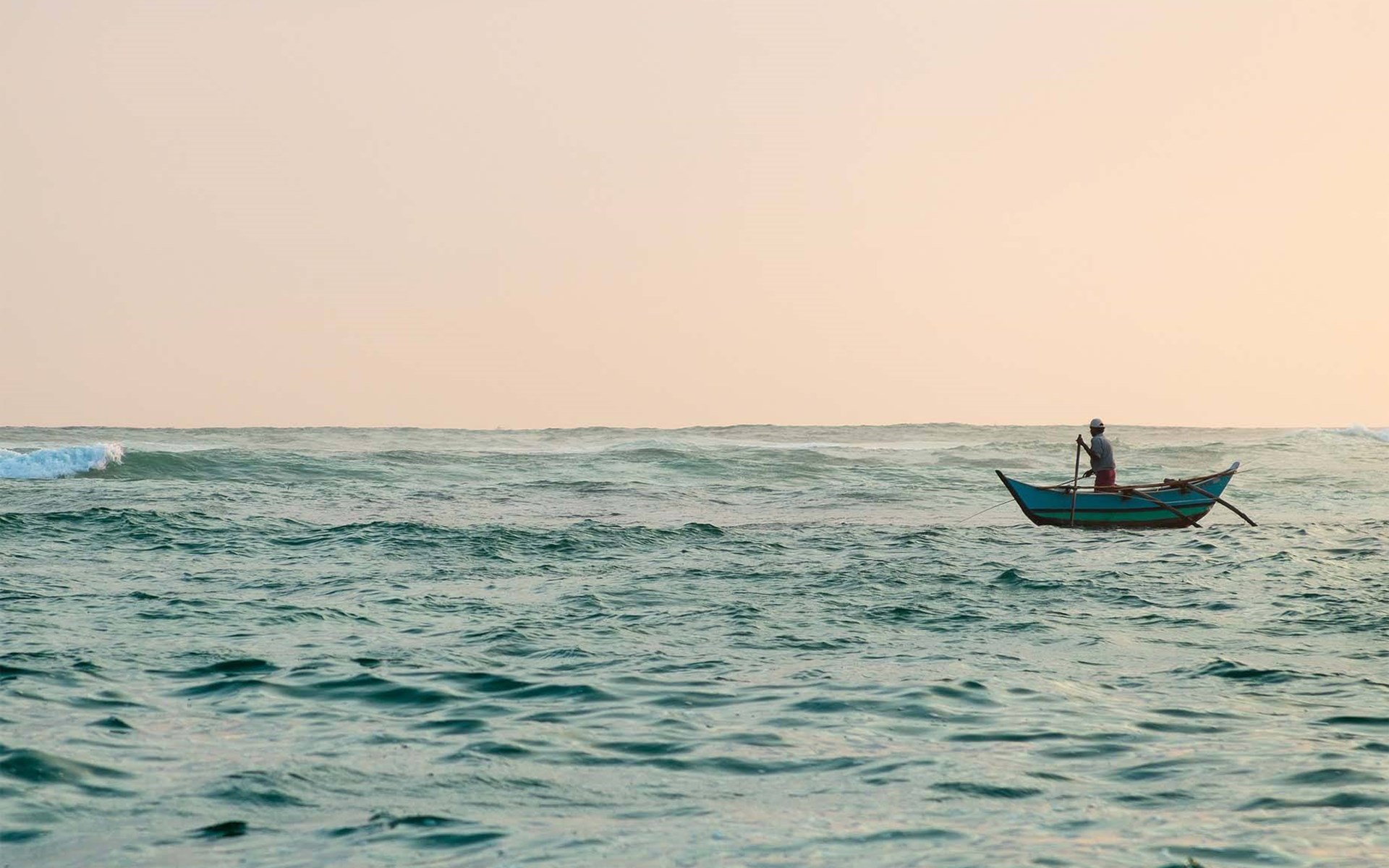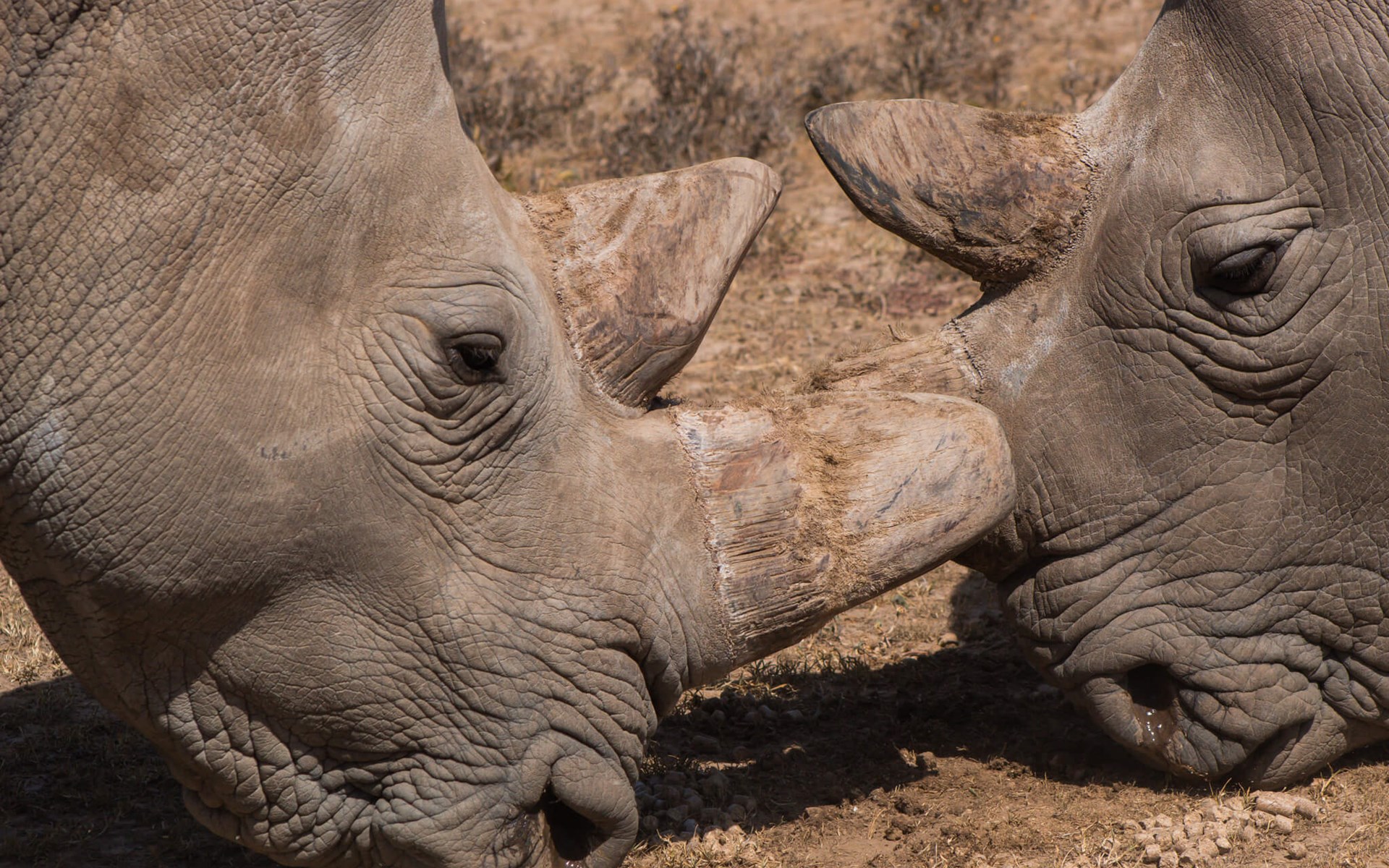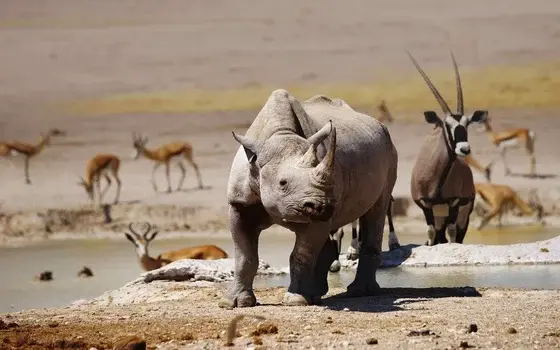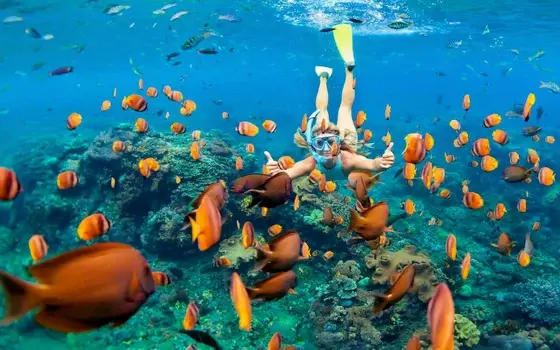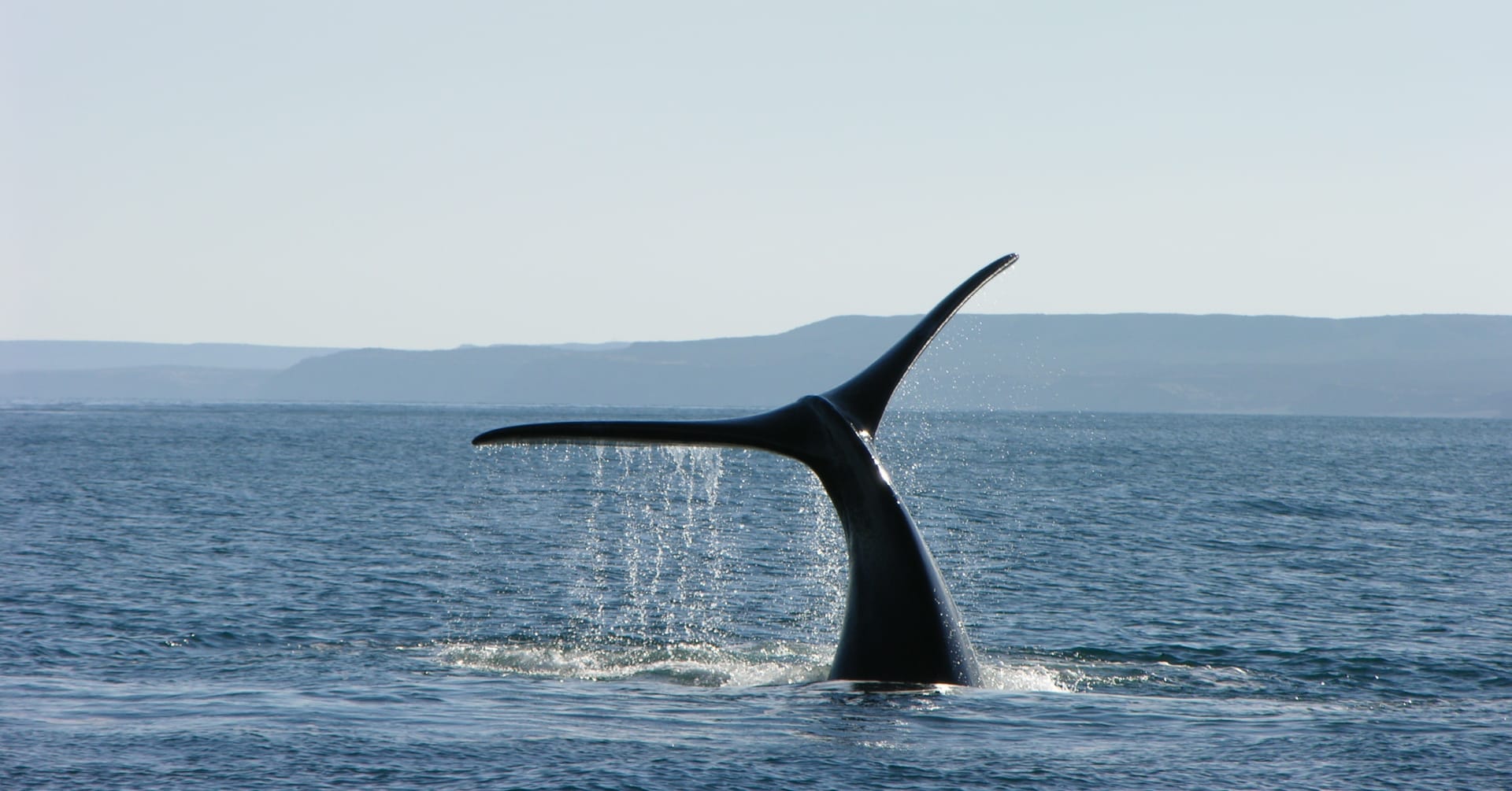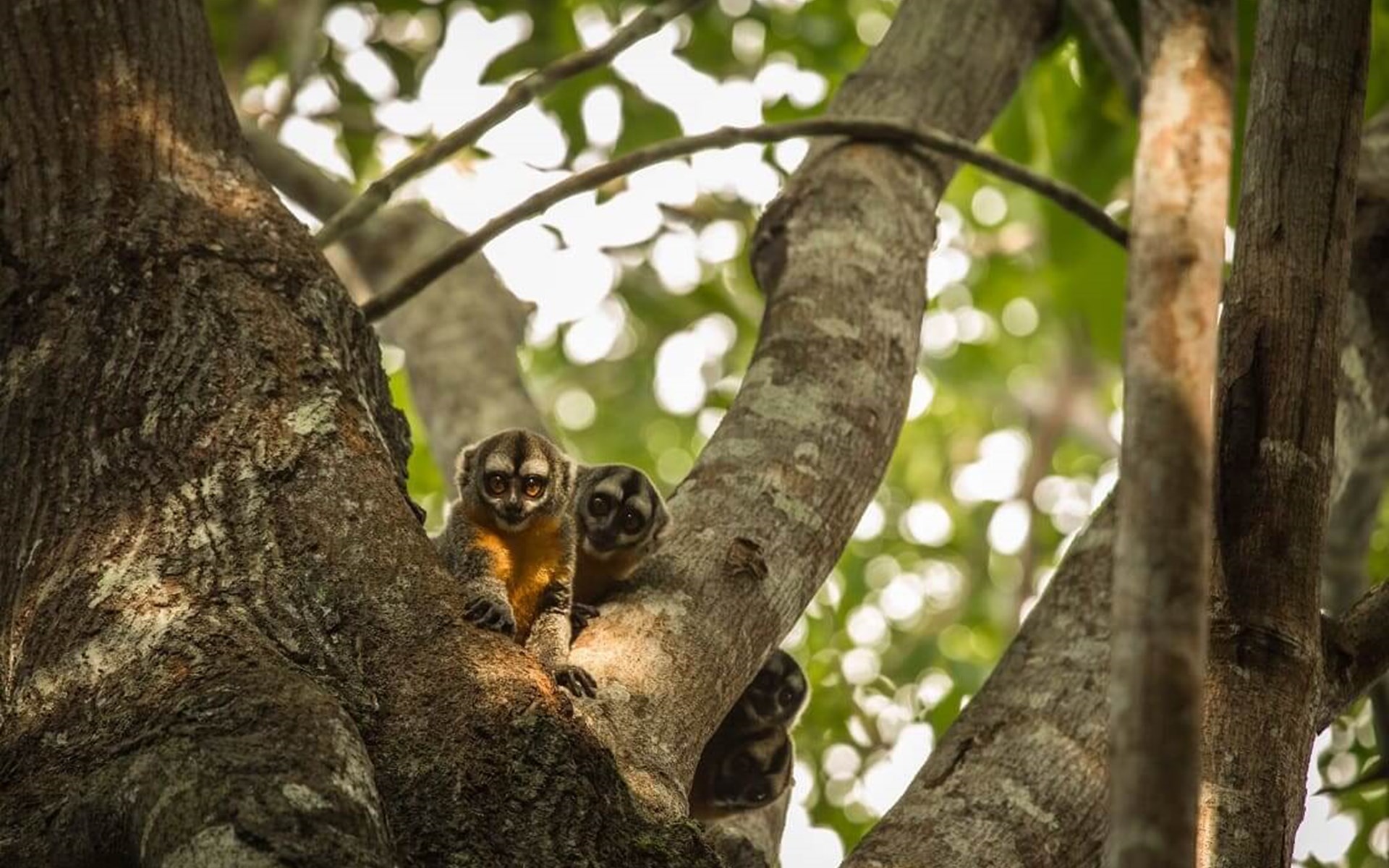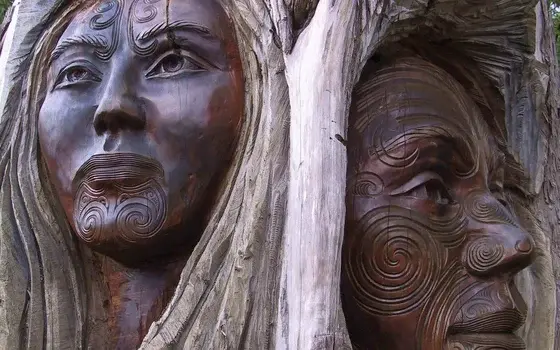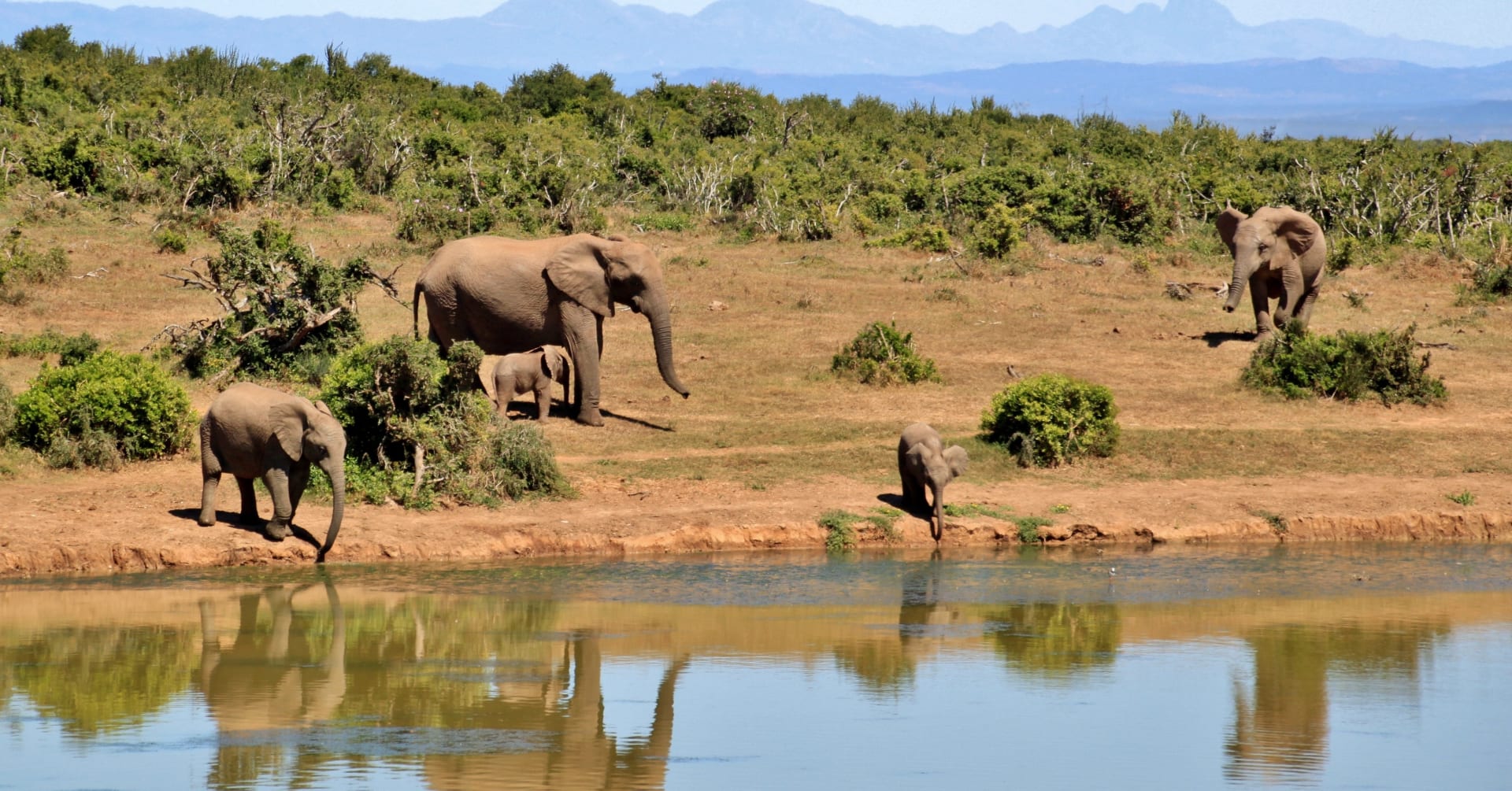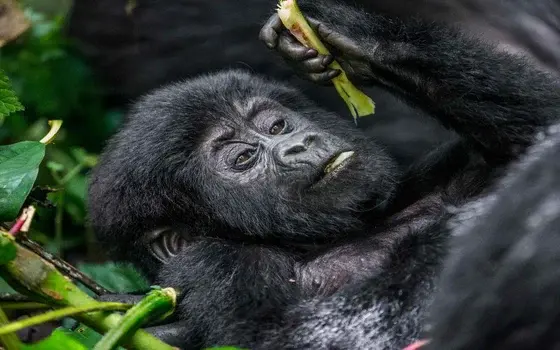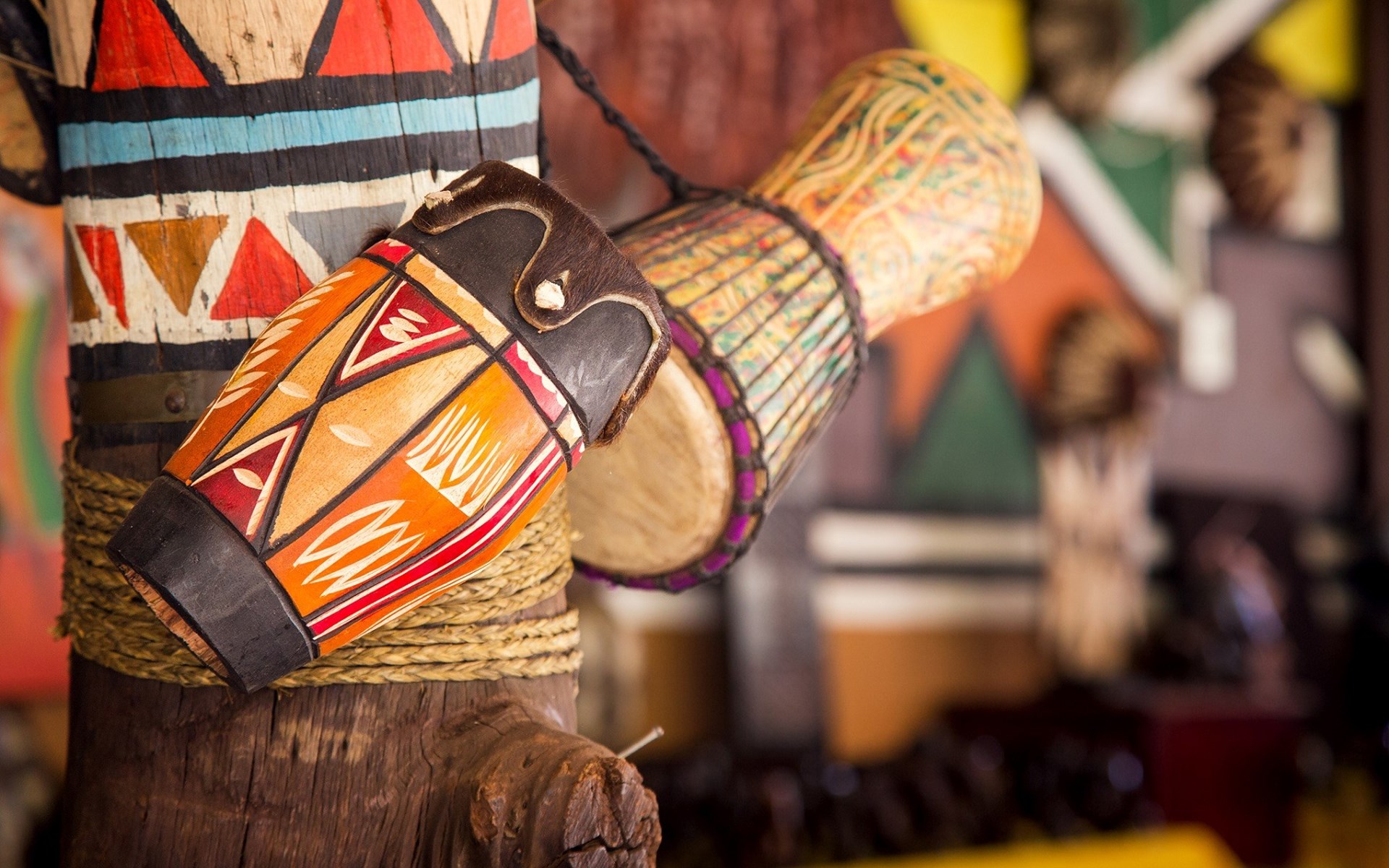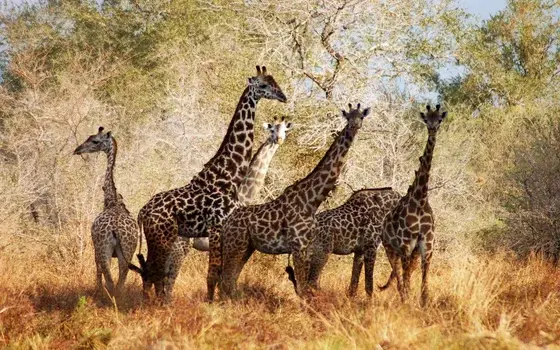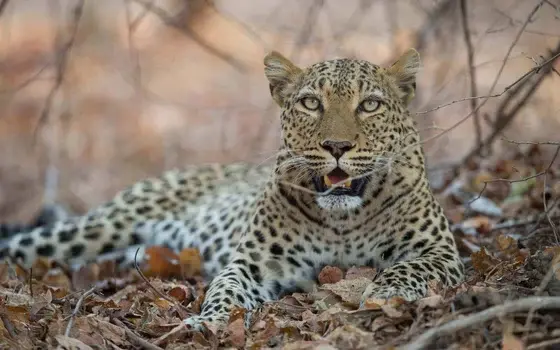We believe in Responsible Tourism
What is Responsible Tourism?
Responsible tourism can be defined in many ways. To us it means travelling without causing any negative social, economic or environmental impacts on the places you visit, whilst leaving nothing behind and taking away only memories.
We believe that responsible travel provides a more enjoyable experience for you as a guest as well. It allows for more meaningful connections with the local people plus a greater understanding of their culture and the social and environmental issues involved in the destinations you're exploring. This empowers you to be a responsible traveller and much more than simply a tourist.
What we're doing now
We continually monitor the social, economic and environmental impact of our operations to ensure we are at the forefront of a fairer industry; creating new and exciting ideas for the benefit of discerning travelers, the local communities where we work and the natural world that connects us all. In this way our aim is to promote responsible travel by engaging travelers and communities in the benefits of travelling the Wayfairer way.
We know that there is more to do, and have initiatives constantly underway to further ensure our impact is positive.
Supporting Local Communities
We believe that the true rewards of travel come from experiencing different cultures while also giving something back to the communities who make us welcome.
At Wayfairer we engage local communities in our travel itineraries and treat local people as stakeholders in our business. This manifests itself in our community tourism initiatives, which can be found across our range of experiences. Look out for these in our full itineraries and key projects are often highlighted in the Why Wayfairer? section on each one of our holidays.
We employ local guides and support staff who we pay fair wages, often exceeding government standards which we still consider too low, and thereby remove the reliance on tipping for livelihoods.


Our accommodation choices make use of locally owned properties where possible and often include adventurous, authentic alternatives including a growing number of luxury homestays.

Protecting the Environment
To ensure that we're offering ground-breaking itineraries, personally inspected accommodation choices and are up to date with all the latest developments, Wayfairer people regularly visit our destinations and accommodation partners.
We look to work with the most environmentally friendly accommodation options in destination and continue to promote products that fit our two core principles of luxury and responsibility.
Our US and UK offices take a leading role in setting the standards for an environmentally friendly work environment. We work mainly from home, and we liaise with local government to recycle our waste as we continually look for new ways to be greener. As an online business, using the power of the internet and electronic communication instead of high-street premises and printed brochures, we minimize the carbon footprint of our operations.
Our Country Guides to Responsible Travel
There's a wealth of information and expertise from our travel specialists and partners on our blog! We've collaborated with our partners, guides and other stakeholders to put together informative guides to travelling responsibly in all the countries that we offer. We're continually adding destinations and updating as new information and best practice changes. Sign up to our newsletter to get all the latest information.
 Africa
Africa Asia
Asia Australasia & South Pacific
Australasia & South Pacific Polar
Polar Latin America
Latin America Europe
Europe Middle East
Middle East- View All
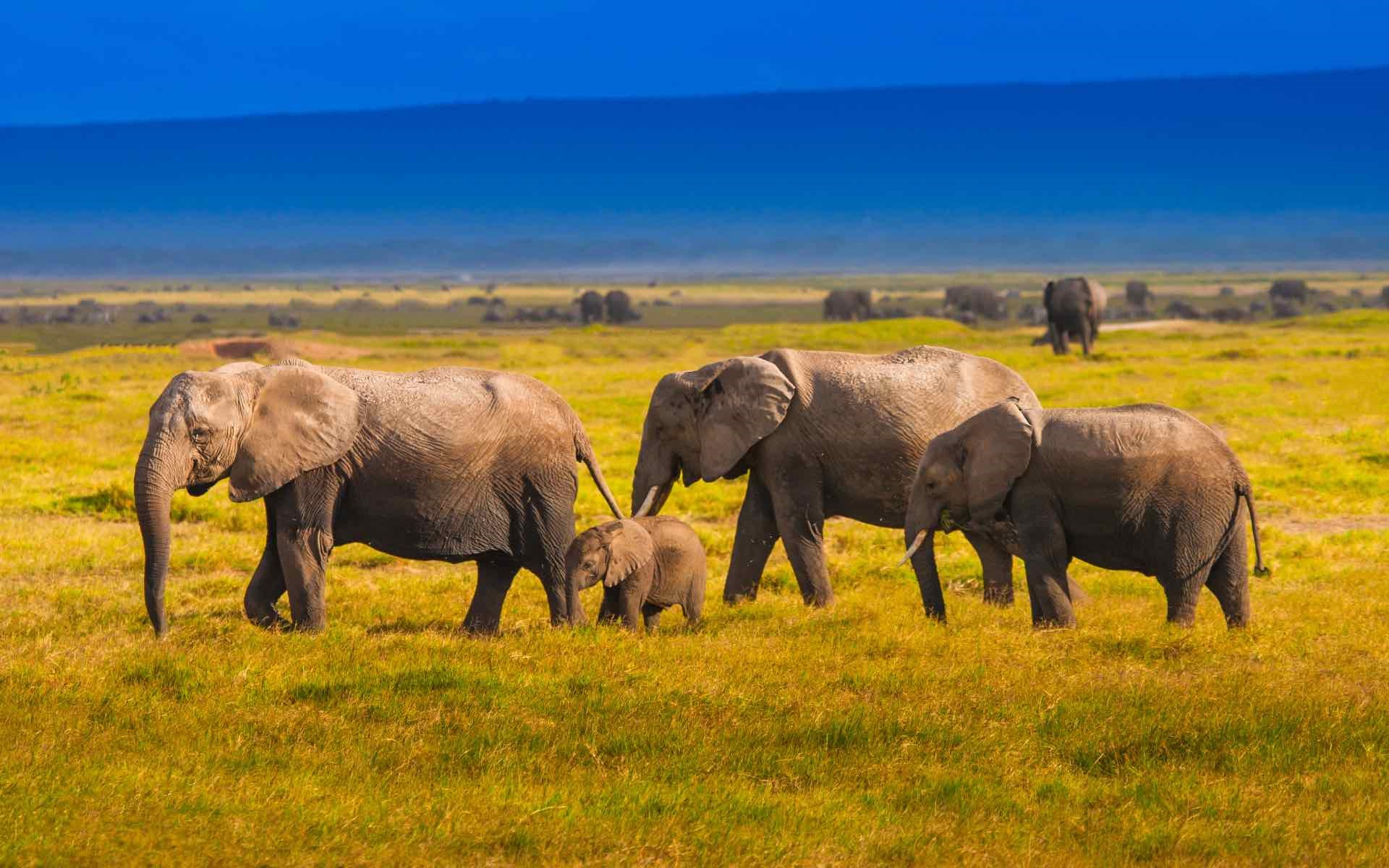
Our Partners
A more responsible and sustainable industry can only happen if we all work together. At Wayfairer we partner with the industry's leading organizations as well as smaller grassroots projects and charities.
Charities & organisations we support

Love Ur Neighbour
We make monthly donations to a small family run charity called Love Ur Neighbour, who work on several projects around Kenya. Their main project is based in a small village named Bungu in Kilifi county, near Mombasa on Kenya's coast
They support women and girls through education and employment, they established a goat "bank", provide sanitary products and education, ship mobility aids from the UK and support people with disabilities to reach local schools, to name but a few initiatives.
REST (Rare & Endangered Species Trust)
With every eligible booking, we donate $5 to REST. This is a small Namibia based charity initiating and supporting the scientific and practical study of rare and endangered species. They help develop and facilitate solutions to conservation problems among these species at community, national and international level.
With a large focus on pangolin, eagle, owl and vulture conservation and personal connections to this charity, we will be able to tell you exactly how your donation impacts their work.

Other Organisations
We also support TOFT Tigers and Pack for Purpose and are registered KPAP and ATTA members. You can learn more about these organisations below

We partnered with TOFT to help in the collective effort to save tigers and their forests throughout the sub-indian continent through education of tourism groups, governments and other stakeholders.

Use a small amount of space in your luggage to pack supplies for local community projects. You can leave your donations with our partner hotels and lodges who will pass them on to those in need.

We’re one of only 23 UK members of the Kilimanjaro Porters Association Project – an organisation which is dedicated to porter welfare and fair salaries which are far and away over the industry average.

The African Travel & Tourism Association (ATTA) is a member-driven trade association that promotes tourism to Africa from all corners of the world. Recognised as the Voice of African Tourism.
Articles and insight on Responsible Travel from the blog

15 Magical Thailand Festivals
April 14, 2023
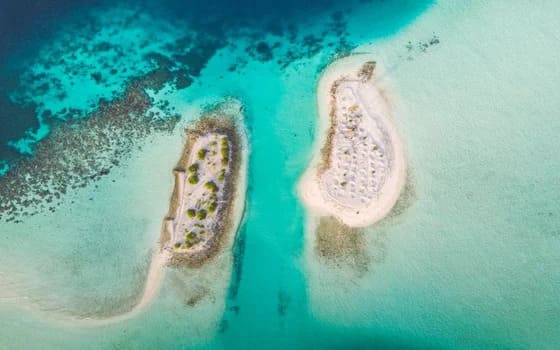
7 Most Luxury Eco-Friendly Resorts in the Maldives
July 28, 2023
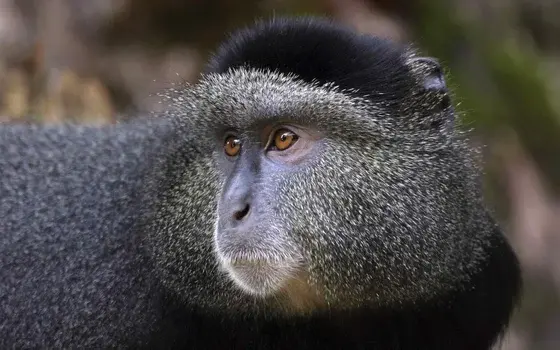
Responsible Travel Guide: Rwanda
April 14, 2023

Sign up to our newsletter
For more travel inspiration delivered straight to your inbox just fill in your details here


